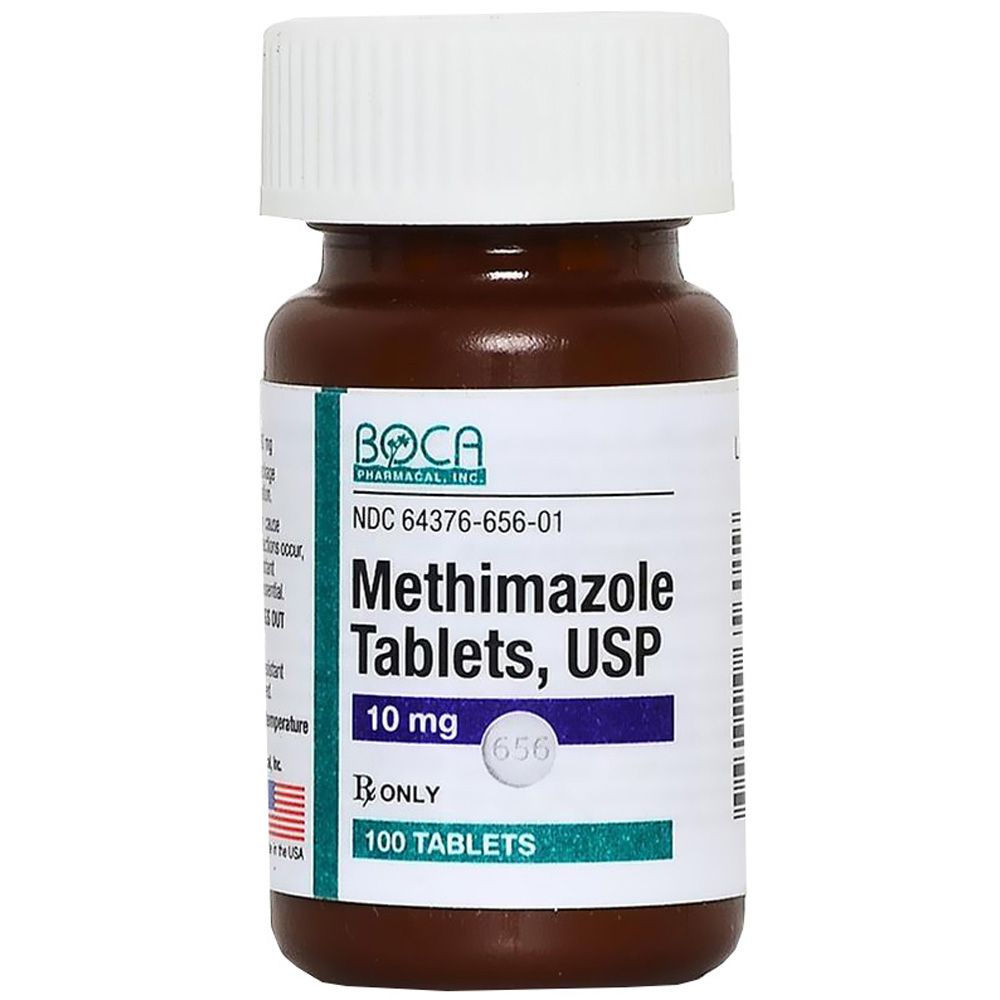Hyperthyroidism
Detailed information about Hyperthyroidism

Hyperthyroidism
Species: Cat
Breeds Affected: All breeds (primarily senior cats)
Overview
An overproduction of thyroid hormone caused most often by a benign adenoma in the thyroid glands. It is the most common endocrine disorder in older cats and leads to increased metabolism, weight loss, and potential complications such as heart failure.
Symptoms
- Weight loss despite a ravenous appetite
- increased thirst and urination
- hyperactivity or restlessness
- vocalization
- unkempt or greasy coat
- intermittent vomiting and diarrhea
- and on physical exam
- a fast heart rate and possibly an enlarged thyroid gland.
Treatments
Multiple treatment options exist. Lifelong oral methimazole is commonly used to block thyroid hormone synthesis. Curative treatments include radioactive iodine (I-131) therapy and, less commonly, surgical thyroidectomy. An iodine-restricted diet may also help manage the condition.
Medications
Methimazole (Tapazole®) administered orally or transdermally; radioactive iodine (I-131) therapy as a one-time treatment; beta-blockers (eg, atenolol) to control heart rate; iodine-restricted diet (eg, Hill's y/d); in some cases, amlodipine may be added if hypertension is present.
Related Medications
Nearby Services
Related Medications
Nearby Services
- Columbus Veterinary Reviews , Columbus
- The Veterinary Relief Company , Columbus
- James Herriot Memorial Veterinary Hospital , Columbus
- German Village Veterinary Hospital , Columbus
- East Columbus Veterinary Hospital , Columbus
Share Your Thoughts
Let others know your experience or advice regarding this condition.
No comments yet.
Related Conditions
This condition has not been reviewed by a veterinarian yet.




